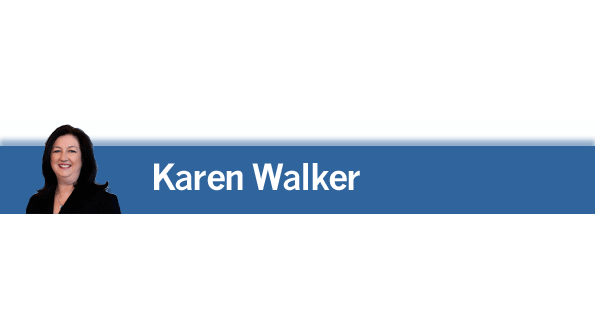Airport drinking; when to call time?

Is limiting the number of alcoholic drinks each passenger can consume at an airport a good idea?
The topic has hit the headlines in the UK thanks to a BBC Panorama documentary that says that the number of arrests of passengers for alcohol-related behavior is on the rise, increasing by some 50% year-over-year.
Irish LCC Ryanair has called for tougher rules to be introduced at UK airport bars that would prevent alcohol being served before 10am and limit the number of drinks that can be served to each passenger to two (boarding cards would need to be presented for each drink purchase so they could be logged).
At first glance, these seem like sensible proposals. Alcohol-related passenger disruptions can be costly, especially if they lead to delays or to an aircraft being diverted or turned back, and are potentially uncomfortable – even dangerous – for other passengers and crews. If fewer drinks are served at airport bars, it seems logical that there would be less potential for onboard misbehavior.
But logic might not lead to the desired effect and could even have unintended consequences. Ryanair is particularly concerned about UK holidaymakers, especially groups of younger people, heading to popular sun-and-party destinations in southern Europe and the Mediterranean. Frankly, those passengers will quickly work out there’s a limit on drinks they can get at airside bars and could binge-drink at nearby bars before they go through security. One could argue they would then be easier to spot by security screening officers, but I’d rather have them focused on their primary job – looking for weapons and potential terrorists – than weeding out drunks.
How is a two-drink policy defined? Two beers? Or two long island iced teas? On a two-drink restriction, my bet is that sales will soar for the “single” drink that contains vodka, tequila, run, triple sec and gin.
What about airport and airline lounges? If this became UK law, could it exempt the bars in lounges at Heathrow and Gatwick? Even if the answer is yes, there seems to be a double standard here that could be challenged legally; premium passengers are trusted to drink as much as they like, economy passengers not so. Internationally, several of the recent alcohol misbehavior incidents have occurred in premium cabins.
And what if such a law led to a slump in airport bar sales to the point that it was no longer a viable business for concession companies (it may also be that passengers mellowed by a few drinks are bigger duty-free spenders)? Airports that lose one source of revenue might increase airline fees.
The most problematic issue, however, is that an airline is seeking a regulatory solution where there might be alternative remedies. Airlines generally dislike government interference in how they conduct business and deliver service; why should it be okay to add new laws in how airport bars operate?
If any law changes are needed, it would be better to campaign for additional toughening and enforcement of legal consequences for those who cause disturbances on airliners (as IATA does; see its briefing on the issue here). Jail sentences for anyone who harms another passenger or crew member should be a certainty, not a possibility. Same for when a flight has to be diverted. Legal loopholes that can let unruly passengers walk away from such incidents must be closed.
This is also a training and airline policy issue. Airline and airport ground staff should be trained to identify inebriated passengers and empowered to stop them from boarding. A rowdy group of would-be party makers can’t be that hard to spot; read them the riot act is at the check-in kiosk or in the boarding area – don’t hand them over to the flight crew to manage.
Karen Walker [email protected]